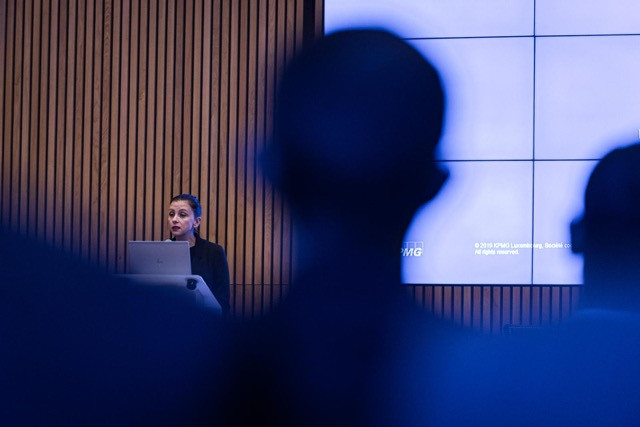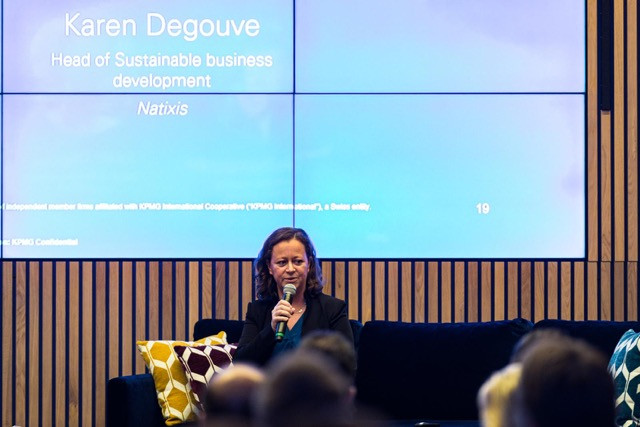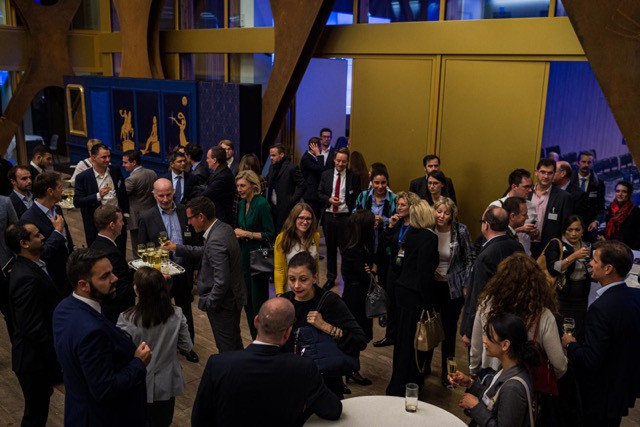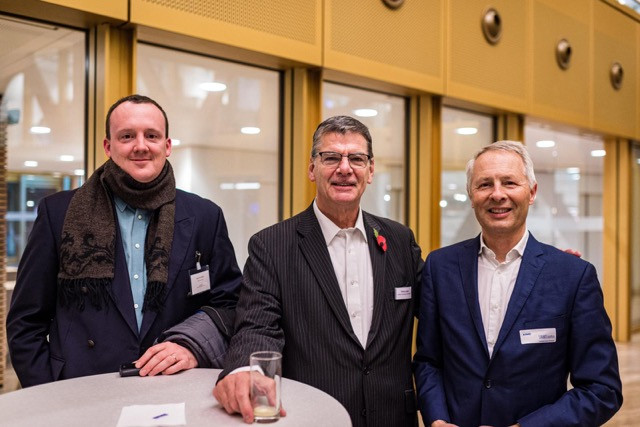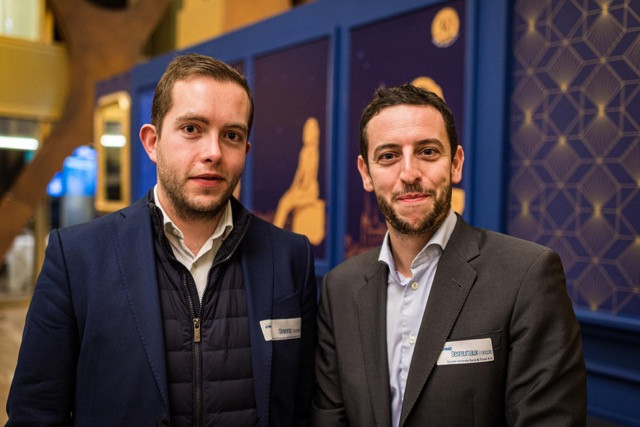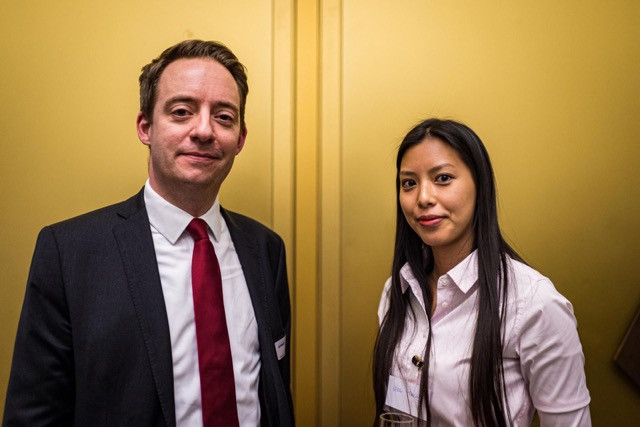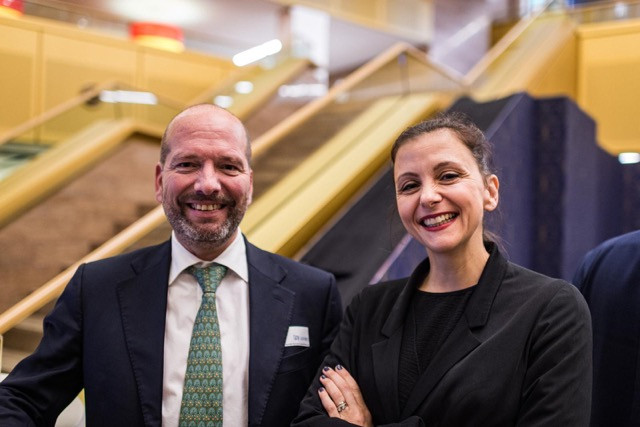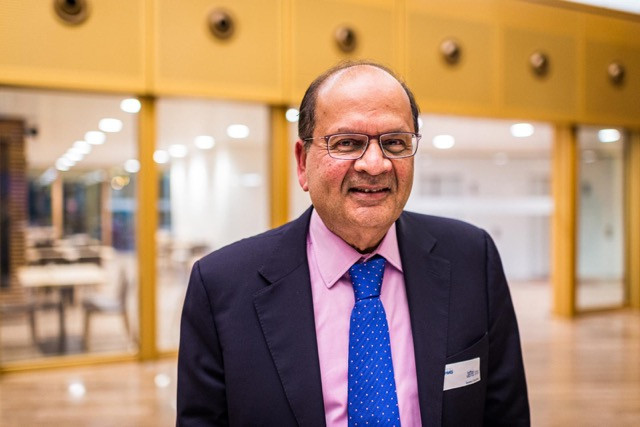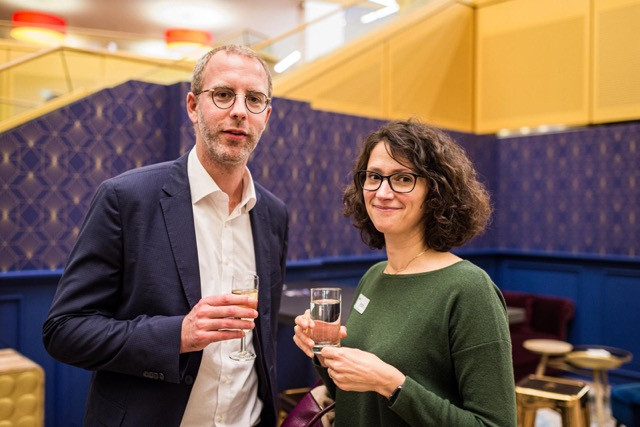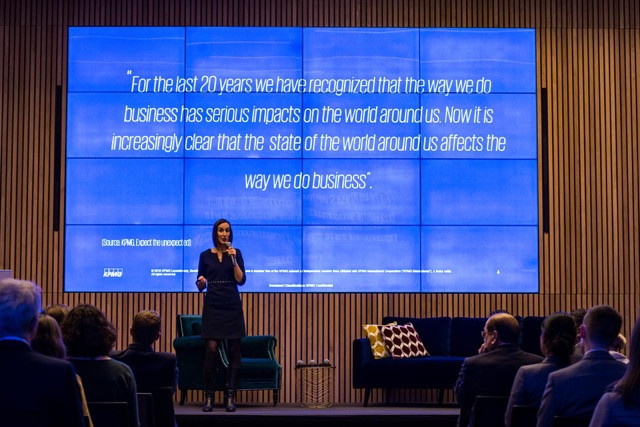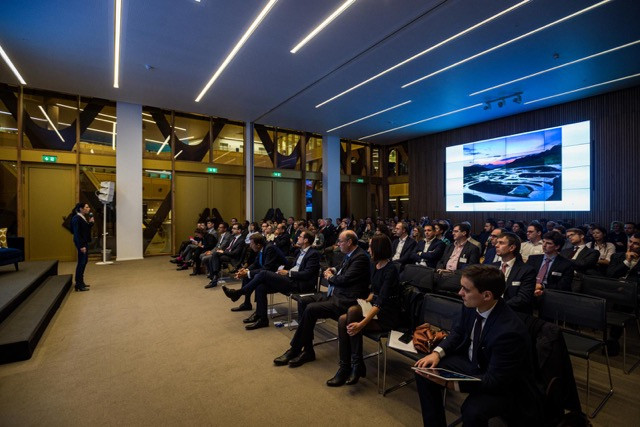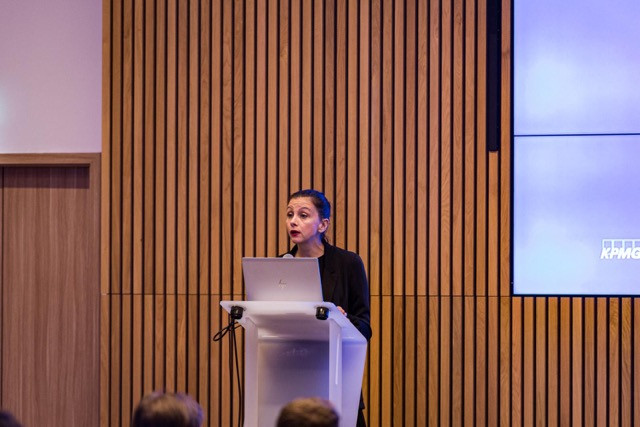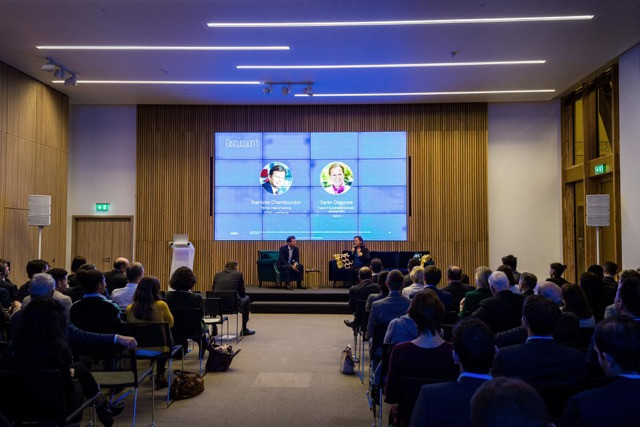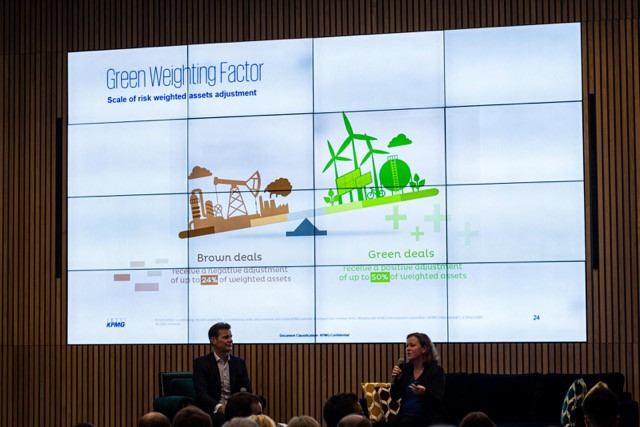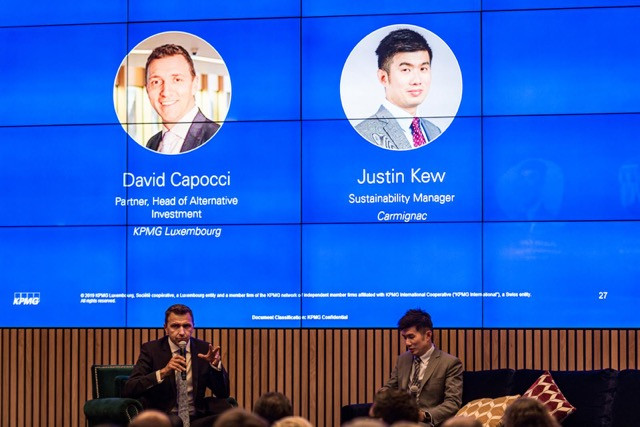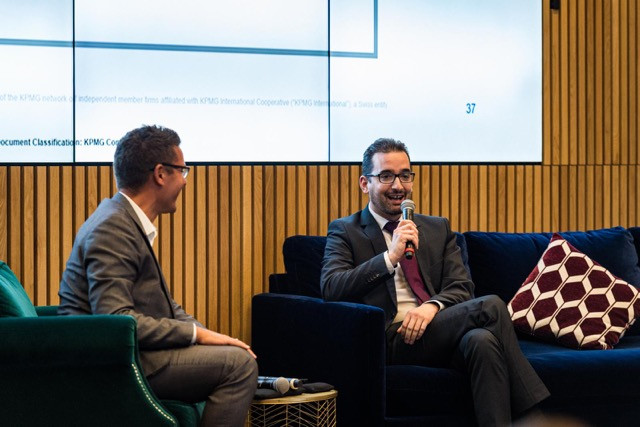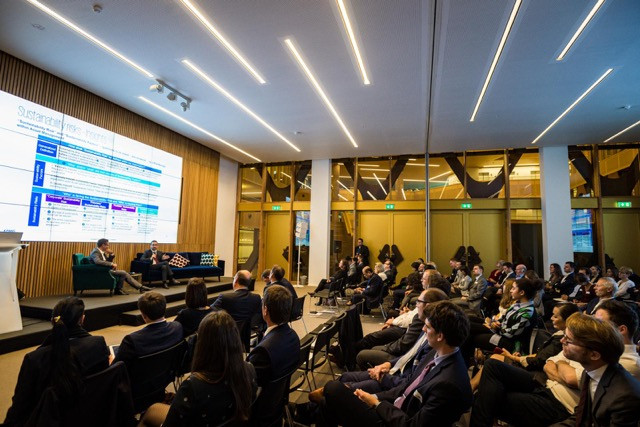Sustainability and sustainable finance issues have experienced a “shift of gears” since 2015, with the publication of the UN Sustainable Development Goals and the signing of the Paris climate change agreement. So said Natasha Deloge, deputy head of the innovation, payment, markets infrastructures and governance department at the Luxembourg Financial Sector Supervisory Commission (CSSF).
During her speech, Deloge noted that Luxembourg’s government set the goal of reducing the country’s CO2 emissions by 50% by 2030. “The financial sector has clearly a role to play to reach those goals.” Deloge said the current European Commission action plan, that will eventually create a “taxonomy” to define what “sustainability” means, will help. But she called for more immediate action.
“Only 10%”
The commission has estimated that Europe needs to invest an additional €180bn annually to support the transition to green energy. There are €5trn in assets under management by Luxembourg fund firms, Deloge stated. “Imagine only for one second that only 10% was invested in sustainable [projects]. That would make a substantial difference,” she said.
“We as the regulator have the impression that our supervised entities and market participants nonetheless [are still] in a period of uncertainty.” While the CSSF is awaiting for the new EU regulations to be published, the agency “encouraged [supervised entities and market participants] to make sustainable development part of their corporate strategy and corporate values,” Deloge said. “Financial market participants should ask themselves what they could do to face environmental risks.”
In addition, Deloge said the CSSF “encourages” market participants to review investments against ESG criteria. “Investors will and should ask questions if a business is focused on sustainability or not.”
The grand duchy can become a global leader in sustainable finance, she argued. She cited the example of the Luxembourg Stock Exchange, which has become a world beater in green bond listings.
Green Weighting Factor
“I have bad news for the CSSF because France is taking the lead,” stated Karen Degouve, head of sustainable business development at Natixis, a French bank, immediately after Deloge’s comments. “So you need to act fast if you want to catch up,” Degouve said.
French banks have been “innovative” since the French finance ministry pushed them “to align with” the 2015 Paris climate agreement. Her bank, in particular, unveiled its “Green Weighting Factor” in September of this year, which evaluates the “emissions of activities that we finance on our balance sheet.”
The Green Weighting Factor, Degouve said, “helps the bank decide what to finance” based on environmental impact and risks. It is a “simple” IT tool “used by front office” staff today when negotiating loans with clients.
“Huge revolution”
The tool rates projects on a ‘brown’ to ‘green’ scale. Brown deals “receive a negative adjustment of up to 24% of weighted assets”, while “green deals receive a positive adjustment of up to 50% of weighted assets,” according to one of Degouve’s Powerpoint slides. The pressure on the margins of brown deals means “teams are incentivised to do more green deals,” she commented.
The bank shares these ratings with clients, which has instigated some “discussions”, particularly “on the brown side.… and that’s the point.”
Degouve stated the tool is used to screen “every single loan” at Nataxis, which is a “huge revolution” in the banking sector. She also revealed that 51% of the bank’s exposure in risk weighted assets were weighted brown; 26% were “transactions with a neutral or limited impact”; and 23% were classified as green. “We must do better moving forward, obviously.” Nataxis will publish green/brown figures for its balance sheet annually, she said.
Deloge and Degouve were speaking at the “KPMG Sustainable Finance Conference: voices from the market” in Kirchberg.
Also speaking at the conference:
- Justin Kew, sustainability manager at Carmignac Asset Management, who said punters should be entirely sceptical about companies’ sustainability claims, and should be asking pointed questions such as how much firms are spending to save water or energy or address another ESG factor (because they could be poor investments). He also criticised the use of unaudited data by many companies, saying greenwashing is so pervasive that some SDG claims are “rainbow washing all over the place.”
- Stefan Junglen, director and head of investment risk EMEA at DWS Group, a German asset manager, who encouraged industry peers not to wait for the EU taxonomy to come out, saying it will only cover a small part of ESG issues.
- Marion Chaygneaud-Dupuy of Clean Everest, an initiative that has collected almost 10 tonnes of trash left by climbers (such as batteries, empty food cans and used oxygen bottles) off of Mt Everest since 2016. The outfit behind the project is now setting up a business incubator in Tibet.
